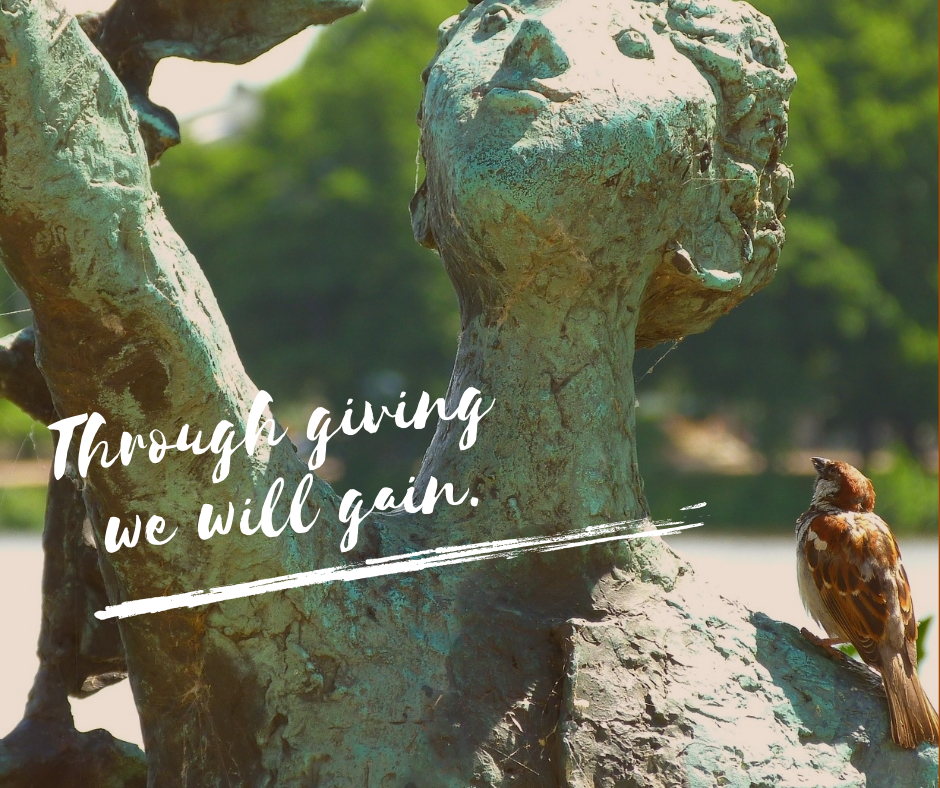 October 14, 2019
October 14, 2019 What we take for someone’s unwillingness to help
may just be their wish not to intrude.
Or perhaps they are uncertain how best to help.
Reticence to pitch in and help arises from a wide range of reasons.
Perhaps the one who needs help has a temper or an unyielding I-know-it-all air that discourages others from asking.
Many would like to help but hesitate over just how to do so.
Or possibly they’ve tried to in the past and were brushed off.
Or others doubted that they could and when they did help, their efforts were scoffed at and flaws highlighted.
Clearly, there are numerous reasons why people do not help. Therefore, jumping to the conclusion that people don’t want to help is just too simplistic. It will only land us in the wrong place. As we can see, it is very easy to mistake humble reluctance for obstinate disinclination. But we can change all that. A welcoming smile or a casual “Can you help me out here?” will get us the help we really do need and allow the other person to practice giving.
A win for all involved.


